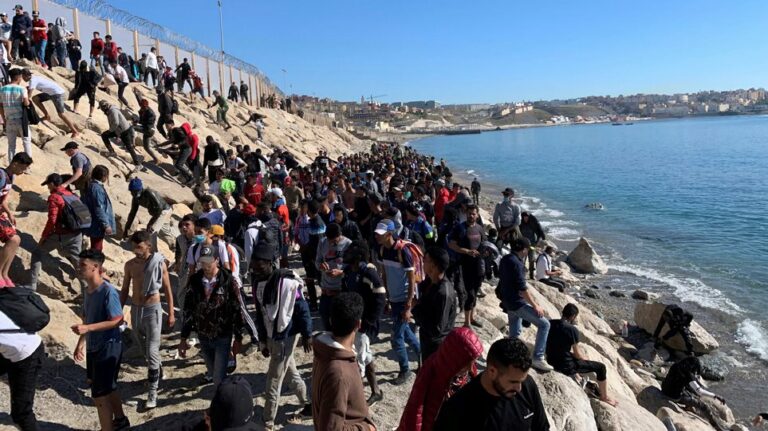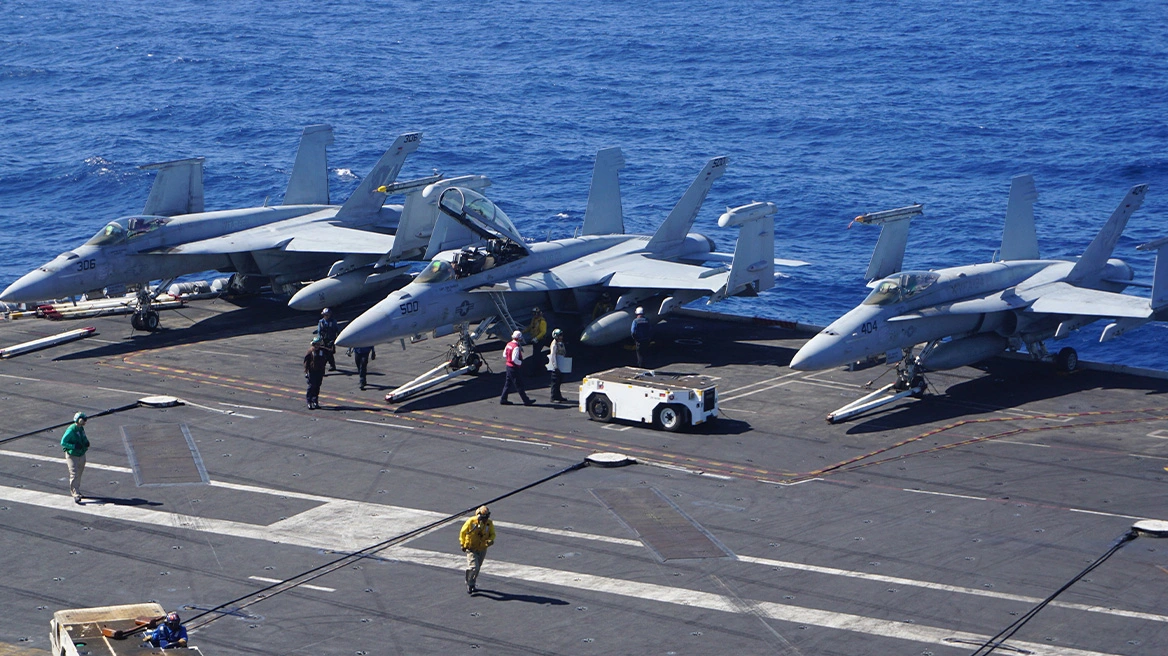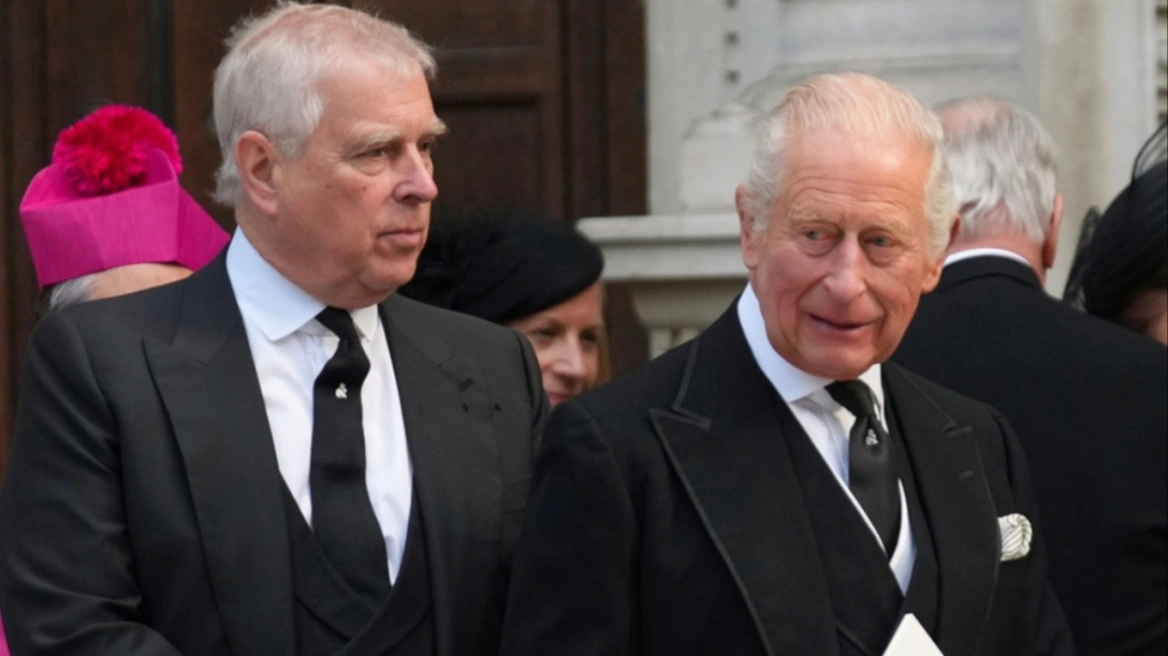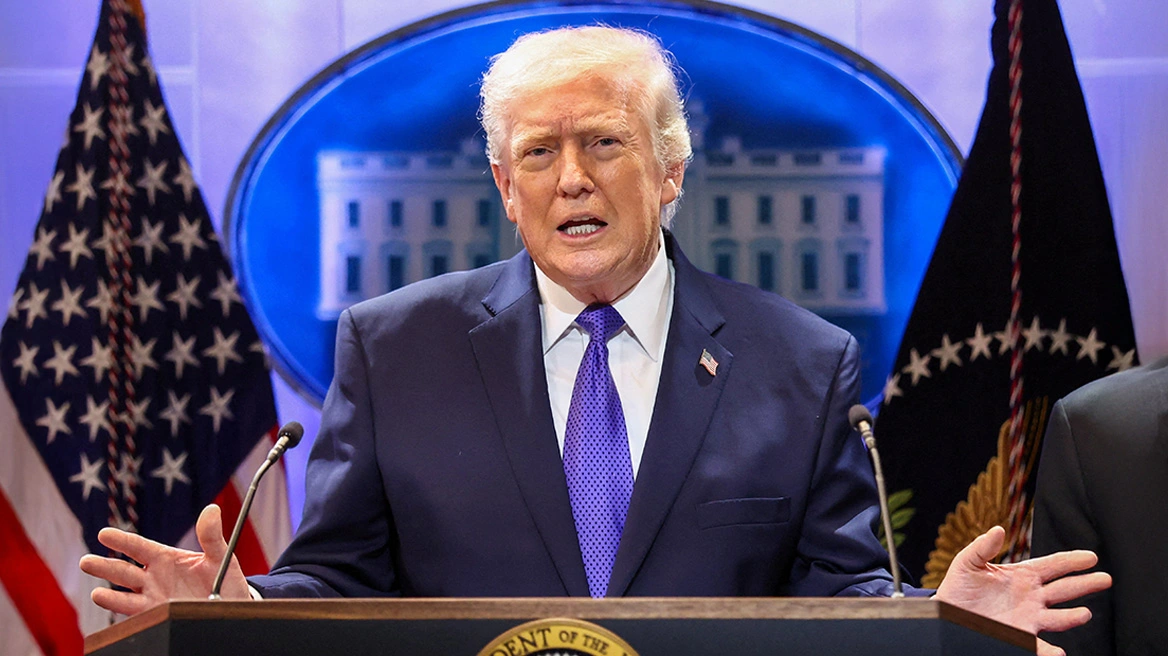When 6,000 people pushed off a Moroccan beachfront Monday, swam around two border walls and waded into the Spanish enclave of Ceuta, the question was why Morocco’s normally aggressive border patrols had let them get that far.
The answer: It was a message. With Morocco, the European Union has made the same mistake it made with Turkey just five years ago. It has granted massive leverage to an unpredictable partner by striking a deal in which Morocco receives assistance in exchange for preventing refugees from traveling into Europe.
That means when Spain does something Morocco doesn’t like, Rabat can play hardball by opening up its borders, however briefly. Monday’s crossings prompted Spanish Prime Minister Pedro Sanchez to hastily return home from a summit in Paris. Units of the Spanish army have deployed to Ceuta, where tanks are now parked on the beach. More people crossed into Ceuta on Monday than arrived in both Ceuta and Spain’s other African enclave Melilla in all of 2020 or 2019. Spain’s other common destination for migration, the Canary Islands, didn’t see more than 1,500 arrivals in a day last year.
Morocco’s move was a reminder that Spain better keep good relations. Rabat was outraged last month by Madrid’s decision to allow Brahim Ghali, the 73-year-old leader of the Polisario Front, a Sahrawi rebel group that disputes control of Western Sahara with Morocco, to enter Spain to receive medical treatment for COVID-19.
Morocco’s foreign ministry “deplored” the decision, calling the Sahara question “fundamental” and Spain’s move “in counter to the spirit of partnership and cooperation” between the two countries. Morocco stood down border patrols the next day. On April 26, 128 people swam the same short distance from Morocco to Ceuta, with Moroccan forces reportedly taking no steps to stop the crossing. Spain and the EU have long relied on Morocco to control migration to Europe, and often the relationship has worked smoothly. EU and Spanish leaders frequently boast of the good relations with Morocco, attributing their success in reducing irregular migration in the western Mediterranean to the partnership with Rabat.
And yet, despite the huge sums of money the EU has spent — much of it to pay Morocco for policing buffer zones beside EU border walls — the fundamental dynamics of migration in the Gibraltar straights have not changed. People keep attempting to enter Europe from Morocco, and Europe keeps hoping they stay on the Moroccan side of the wall or sea.
Now that the message has been sent, tensions between Madrid and Rabat will likely deescalate, but the incident underscores the fragility of the EU’s dependence on Morocco. In a hastily-arranged address Tuesday, Sanchez found it necessary to reaffirm Madrid’s commitment to protecting its two tiny North African territories.
Barack Obama: “When it comes to Aliens, there are things I just can’t tell you on Air” (video)
Walls made of ancient human leg bones found beneath Belgian church
“We will be firm in the face of any challenge, before any eventuality and under any circumstance,” Sanchez said. No one had asked.
This isn’t the first time a diplomatic kerfuffle between Spain and Morocco has played out along their African border — with the lives of migrants used as bargaining chips. After the European Court of Justice ruled in 2016 that occupied Western Sahara was distinct from Morocco, Rabat relaxed police patrols, leading to several large crossings near Ceuta. Two years earlier, more than a 1,200 people overwhelmed Spanish border guards in Ceuta after patrols on the Moroccan side evaporated. Coincidentally, Spanish police had just unwittingly boarded Moroccan King Mohammed VI’s yacht, interrupting him while he was out for a sail.
Perversely, cooperation on the border often continues even when it is being engineered by one side to break down. Spain and Morocco have already agreed on returning 2,700 of the estimated 6,000 people currently waiting in Ceuta. The cooperation, which is based on a 1993 readmission agreement, will likely help repair relations between the neighbors. But it also means Morocco and Spain will have again used the migrants, many of whom are children, as bargaining chips in an unrelated diplomatic spat. One person died attempting to cross Monday and thousands now need shelter, some having arrived with only a swimsuit.
Despite the recent trouble, the partnership is likely to continue. Spain and the EU continue to build border defenses, the bloc has agreed to co-finance an €18 million project to the bolster the fences around both enclaves. Much greater sums are being spent on EU-Moroccan cooperation. Since 2014, Morocco has received some €343 million from the bloc. Negotiations for continued cooperation could reportedly see that figure rise to as much as €3.5 billion for the period between 2020 and 2027.
Monday’s crossings will have little impact on Spain’s economy or demographics, and Morocco’s often violent border guards will be back on duty watching Europe’s southern border soon enough. But what the events have made clear is the biggest effect of the EU’s spending on migration has not been to bolster the bloc’s borders or protect the people tempted to make the crossing. What it’s done instead is hand power to a king who’s not afraid to use it.
Source: Politico
Ask me anything
Explore related questions





